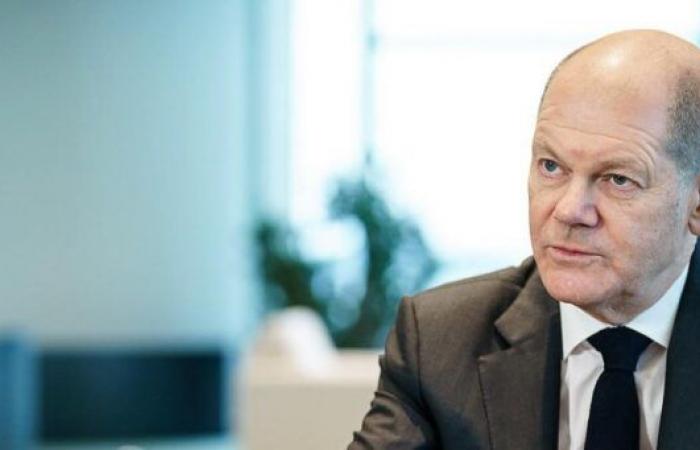(AGENPARL) – Rome, 17 December 2024
Germany is preparing for an unexpected early election after Chancellor Olaf Scholz lost a vote of confidence in parliament on Monday. This step, rare in German political history, paved the way for new elections scheduled for February 23 next year, at a crucial moment for the country with the European Union’s largest economy.
A calculated move by Scholz
The early vote did not catch political analysts by surprise. Scholz himself had foreseen the negative outcome, however choosing to take this path as part of a strategy to revive the fortunes of his government and the Social Democratic Party (SPD). With a stagnant economy and a struggling governing coalition, Scholz said: “It will now be up to the voters to determine the political course of our country.”
The vote of no confidence was accompanied by a speech in which Scholz outlined a vision for Germany’s future, underlining the need to “dare to invest forcefully” to ensure prosperity and social cohesion. His election promises include modernizing Germany’s tax rules, increasing the minimum wage and reducing VAT on food, as reported by AFP.
An uphill electoral terrain
Scholz’s SPD is in a precarious position, with polls showing a strong lead for Friedrich Merz’s Christian Democratic Union (CDU), the main opposition party. The CDU seems well positioned to return to government, riding voters’ discontent with the economic management and political instability of the current government.
Germany at the crossroads
The political moment is particularly delicate. Scholz emphasized the need to strengthen Germany’s role as a leader in Europe, underlining military support for Ukraine, of which the country is the main supplier among EU members. The vote of no confidence is a rarity in German politics: it is only the sixth time a chancellor has called one since the end of the Second World War.
A similar case dates back to 2005, when then-Chancellor Gerhard Schröder called early elections, narrowly losing to Angela Merkel. History, therefore, could repeat itself, but with outcomes still to be determined.
An uncertain scenario
The February 23 elections promise to be crucial not only for Scholz’s political future, but also for Germany’s role in a Europe facing economic, energy and geopolitical challenges. The electoral campaign will probably be characterized by a comparison between contrasting visions on the future of the country: the progressive and investment one proposed by Scholz, against a return to the more conservative and traditional policies promoted by the CDU.
As Germany heads to the polls, the whole of Europe is watching carefully: the outcome will have implications that transcend national borders, influencing the political balance of the European Union for years to come.






